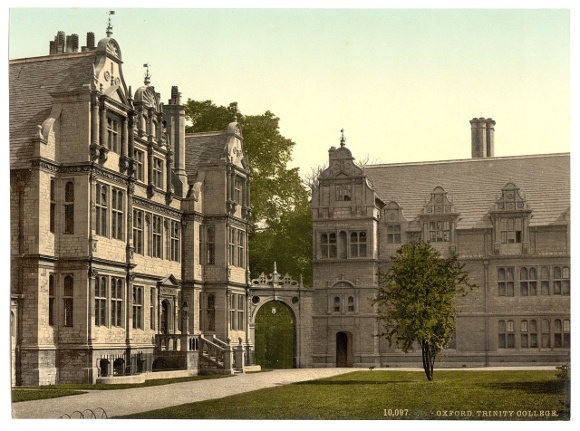The Great Gatsby Contents
Gatsby as narrator
A framed narrative
Jay Gatsby, the eponymous hero of the novel, is the main subject of Nick’s narrative, and is also a narrator himself. He has two stories, which are connected: one is the story of his origins and rise to financial success, the other is his relationship with Daisy. Gatsby’s narrative is framed by Nick’s and often delivered using direct speech, as Nick quotes Gatsby either in conversation with himself or with others. Fitzgerald also uses a more subtle method to convey Gatsby’s narrative through Nick: some reported speech and a more omniscient-sounding voice which reflects Nick’s mediation of Gatsby’s narrative. This makes interpretation very complicated for the reader, as the boundary between Gatsby’s and Nick’s words is not clear and neither of these narrators is completely reliable.
Gatsby’s direct account of himself
In Chapter 4, we hear directly from Gatsby about his origins, as he claims, ‘I’ll tell you God’s truth’. According to this account, he is the son of wealthy people who are all dead, he was educated at Oxford, lived in all the capitals of Europe ‘like a young rajah’ and then gained military honours in World War One. It appears profoundly unconvincing to Nick but is then substantiated with two objects: a medal and a photograph, to which Nick responds, ‘Then it was all true’. Gatsby twice refers to a sad event in his past, and tells Nick he will hear about it later that day from Jordan.
In Chapter 5, further details emerge from Gatsby: firstly, that it will be ‘five years next November’ since he and Daisy last met, and secondly, that his inherited wealth was lost in the war, but he then earned the money to buy the house. He says he was in the ‘drug business’ and then the ‘oil business’, but is now in neither of those. By declining to reveal what his current source of wealth is, he retains his air of mystery.
An ‘Oxford man’
 Gatsby’s label of ‘Oxford man’ is made much of by Meyer Wolfsheim. An initial assumption might be that, like most students, Gatsby graduated from the prestigious English university after a three year degree course. However, under questioning from Tom in Chapter 7, Gatsby elucidates that he went there for five months in 1919, having been given the opportunity as an officer after the Armistice. When this is next referred to, in Chapter 8, it is presented as more of an accidental event:
Gatsby’s label of ‘Oxford man’ is made much of by Meyer Wolfsheim. An initial assumption might be that, like most students, Gatsby graduated from the prestigious English university after a three year degree course. However, under questioning from Tom in Chapter 7, Gatsby elucidates that he went there for five months in 1919, having been given the opportunity as an officer after the Armistice. When this is next referred to, in Chapter 8, it is presented as more of an accidental event:
A blurring of narratives
Nick’s narration of Chapter 8 is mixed with the narrative of Gatsby, recounting his first relationship with Daisy. For much of this, Nick uses the third person, indirect reported style, whereby he mediates Gatsby’s words:
For a short passage, Nick uses direct speech, Gatsby’s exact words:
Immediately after this, the style of narration becomes more blurred between these two types, perhaps resembling free indirect speech:
Tom’s accusations that Gatsby is involved in bootlegging and other illegal activities elicit some acknowledgement from Gatsby, but always somewhat elusive: ‘“What about it?” said Gatsby politely.’ Nick uses reported speech for the remainder of this dialogue, informing the reader that:
In the final chapter, there is an echo of Gatsby’s voice, imagined by Nick:
This certainly reflects Nick’s characterisation and function in this chapter as a compassionate man, showing respect for a friend, rather than opening up any supernatural elements to the story.
Gatsby’s unmediated voice is also contained within the artefact shown to Nick by Mr Gatz, Gatsby’s father. In a ‘ragged old copy book called Hopalong Cassidy’ dated 1906, Gatsby’s inscriptions reveal his early determination to ‘improve’ himself. Mr Gatz also reports his son’s accusation that, ‘I et like a hog’, and recounts that, ‘I beat him for it’, thus revealing the nature of the relationship between father and son.
These finer details are incidental to the narrative, apart from supporting the idea that Gatsby was a ‘self-made man’ as they reveal the work of conscious self-improvement as well as the sacrifices in terms of family that this required.
